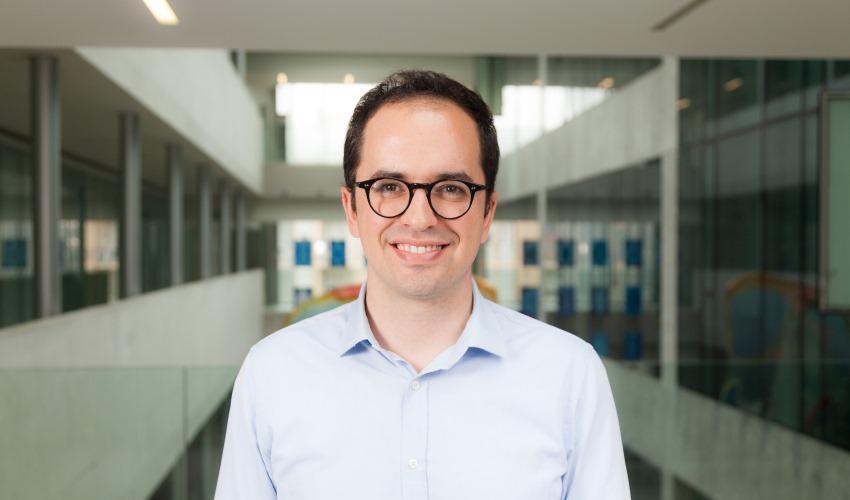
Little Women Grow. And Save Themselves, by Playing and Learning a Trade
TRAINING, MENTORSHIP AND LOTS OF SOCIALIZATION: IN THIS WAY IN UGANDA CLUBS FOR WOMEN ARE SAVING THE NEW GENERATIONS. AND IT BECOMES A CASE HISTORY TO BE STUDIEDby Selim Gulesci, assistant professor at the Department of Economics
Worldwide, 74 million youth are looking for work (ILO, 2015). Creating jobs for youth is a policy challenge for many governments, especially in Sub-Saharan Africa where half of the populations is under 25 years of age (World Bank, 2014). The challenge is particularly strong for young women, as market imperfections often interact with gender-biased social norms, leading to early marriage and childbearing, limiting their human capital investments and enforcing their dependence on men.
BRAC, one of the largest NGOs in the world, is attempting to jump-start adolescent women's empowerment in Uganda, the world's second youngest country, by establishing community youth clubs and using them to provide different types of skills to young women in these communities. The clubs are open 5 days a week, during after-school hours, to all adolescent girls and women who want to participate in them. Club members are typically aged 14-20. Some are enrolled in school, and some have recently dropped out of school. It is the latter group that is likely to be at highest risk of early marriage and fertility.
In these clubs, members socialize with one another, play games, sing songs and build new social networks. At the same time, they are provided both vocational training and information on sex, reproduction and marriage. The vocational training courses are provided by hired professionals and cover topics such as tailoring, hairdressing, vegetable cultivation etc. For the other type of training (referred to as “life skills training” by the NGO), BRAC trains one of the young women participating in the club (a mentor), who then goes back to the club and trains the rest of the club members. This mentor gets paid a small honorarium for the peer-education she carries out.
In joint work with Oriana Bandiera (LSE), Niklas Buehren (World Bank), Robin Burgess (LSE), Markus Goldstein (World Bank), Imran Rasul (UCL) and Munshi Sulaiman (BRAC), we conducted a randomized evaluation of BRAC’s ELA Program in Uganda. Among the communities selected by BRAC, a randomly selected subset received the clubs We find that, relative to adolescents in control communities, after two years the intervention raises the likelihood that girls engage in income generating activities by 32%, mainly driven by increased participation in self-employment, and raises their monthly consumption expenditures by 38%. Self-reported routine condom usage increases by 50% among the sexually active, teen pregnancy falls by 29%, and early entry into marriage/cohabitation falls by 72%. Strikingly, the share of girls reporting sex against their will drops from 21% to almost zero and preferred ages of marriage and childbearing both move forward. Comparing costs and benefits of the program is difficult, since most of these benefits are hard to monetize, but even simply comparing the increase in consumption expenditures of girls in targeted communities to the costs of establishing and running the clubs suggests this is a highly cost effective program. Overall, the findings indicate that women's economic and social empowerment can be initiated through the combined provision of vocational and life skills, even in a context such as Uganda where youth unemployment is very high and young women are faced with multiple challenges in terms of social norms and market imperfections.
